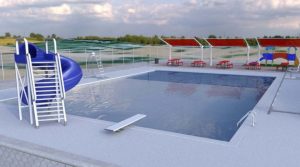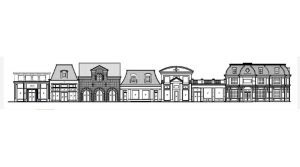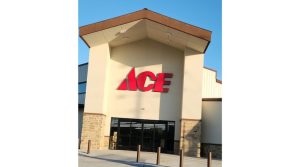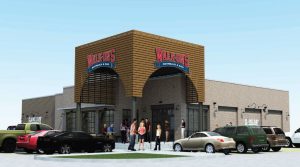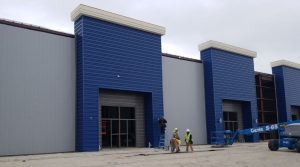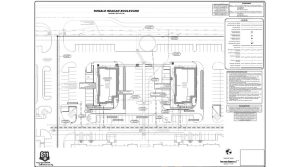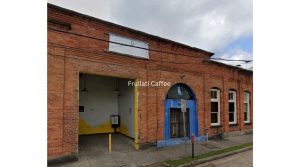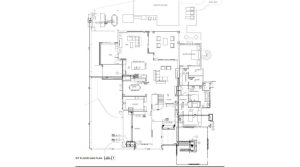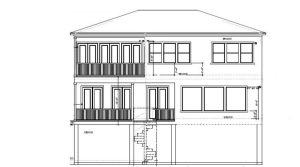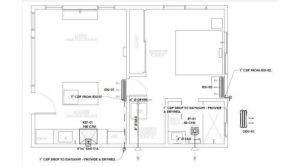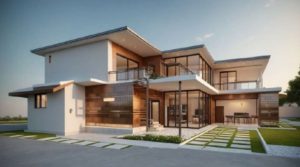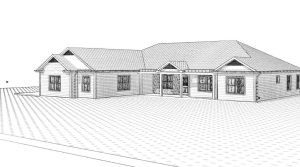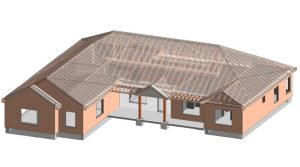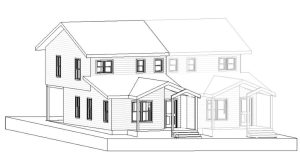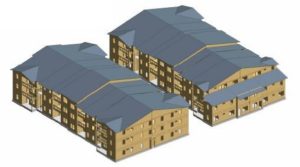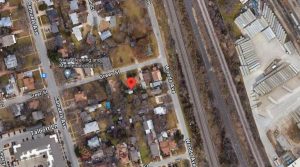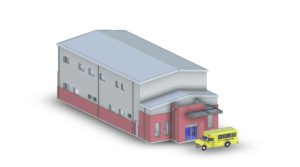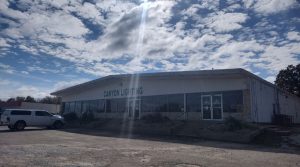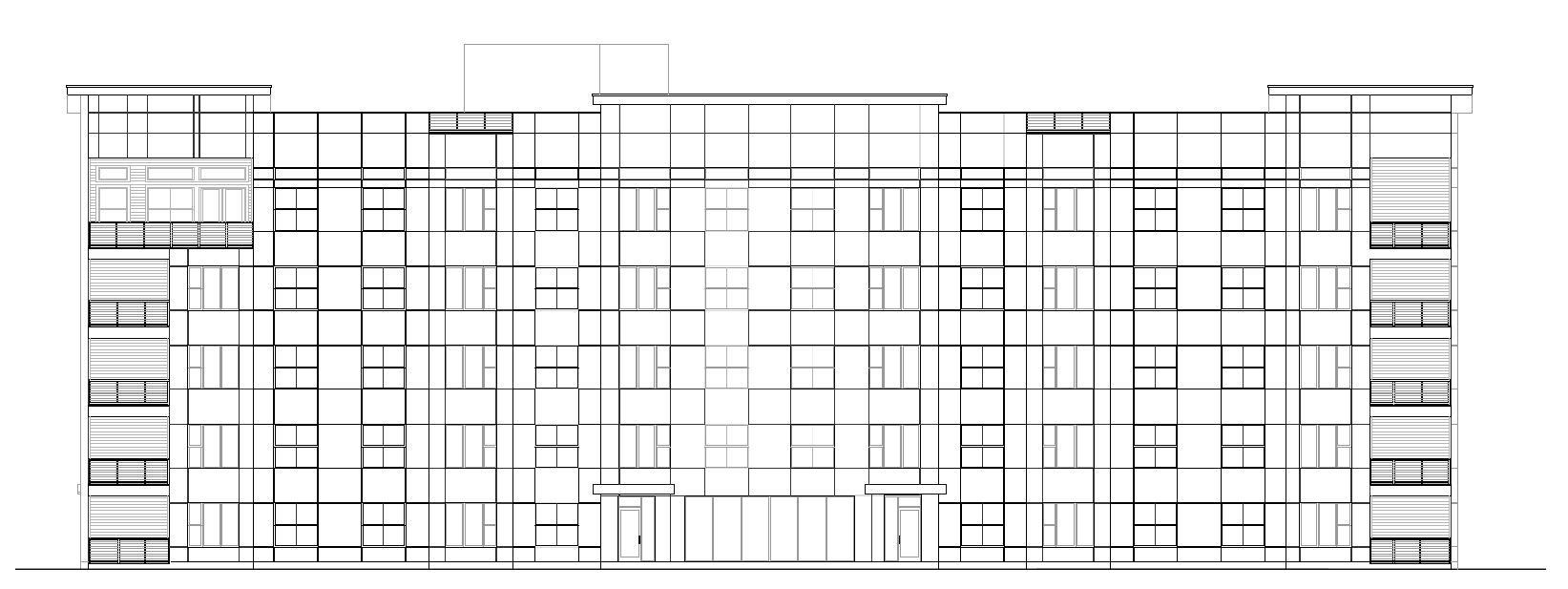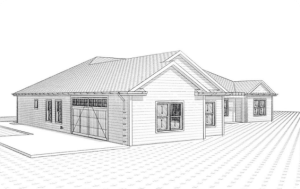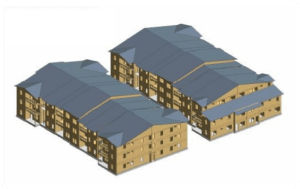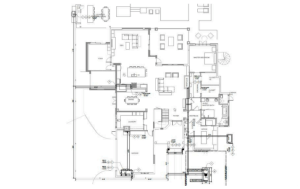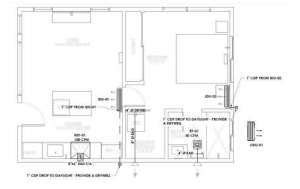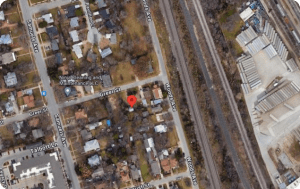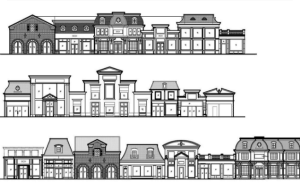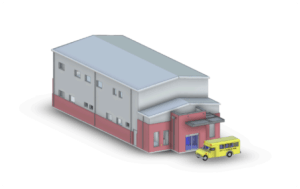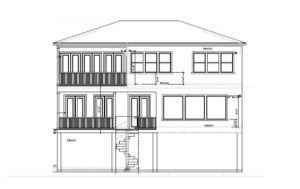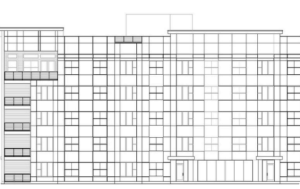Optimizing Energy Efficiency in MEP Design for California Retail Spaces
MEP Design for Retail Spaces in California is crucial for ensuring comfort and cost savings. In California, energy efficiency is essential due to high electricity costs and strict environmental regulations. Retail spaces must implement water-saving strategies to comply with California’s conservation goals.
Importance of Energy-Efficient MEP Design
Optimizing MEP design reduces operational costs and improves sustainability. Retail businesses benefit from lower utility bills and enhanced customer experiences.
- Mechanical Systems: Energy-efficient HVAC improves indoor air quality and comfort.
- Electrical Systems: Smart lighting and energy-efficient appliances reduce electricity consumption.
- Plumbing Systems: Water-saving fixtures help conserve resources and lower bills.
How MEP Design for Retail Spaces in California Improves Energy Efficiency
Efficient HVAC design is essential for California’s climate. Proper ventilation and temperature control enhance comfort while reducing costs.
- High-Efficiency HVAC Units: Reduce energy consumption and improve indoor air quality.
- Smart Thermostats: Automate temperature adjustments to optimize energy use.
- Zoning Systems: Control temperatures in different retail sections for better efficiency.
- Proper Insulation: Reduces heat loss and improves HVAC performance.
Electrical Design Strategies
Optimizing electrical systems lowers power consumption and improves sustainability.
- LED Lighting: Uses less energy and lasts longer than traditional bulbs.
- Daylight Harvesting: Adjusts lighting based on natural light levels.
- Motion Sensors: Reduce energy waste by turning off lights when areas are unoccupied.
- Energy-Efficient Equipment: Upgrading to ENERGY STAR-rated appliances cuts power usage.
Water Conservation Through Plumbing Design
Retail spaces must implement water-saving strategies to comply with California’s conservation goals.
- Low-Flow Fixtures: Reduce water consumption without affecting performance.
- Greywater Systems: Reuse wastewater for non-potable applications.
- Efficient Water Heaters: Tankless water heaters provide hot water on demand.
- Leak Detection Systems: Prevent water waste and damage by identifying leaks early.
California Energy Codes and MEP Design for Retail Spaces
Retail spaces must adhere to California’s Title 24 Building Energy Efficiency Standards. MEP Design for Retail Spaces in California plays a crucial role in meeting these codes effectively.
- HVAC Efficiency Requirements: Ensure heating and cooling systems meet energy codes.
- Lighting Controls: Automated systems improve energy savings and compliance.
- Renewable Energy Integration: Solar panels help reduce reliance on the grid.
- Building Automation Systems: Monitor and optimize MEP performance in real time.
Sustainable Solutions in MEP Design for Retail Spaces in California
Renewable energy sources improve efficiency and reduce carbon footprints.
- Solar Energy: Lowers electricity bills and qualifies for incentives.
- Energy Storage Systems: Store excess energy for later use.
- Demand Response Programs: Adjust energy consumption during peak hours to reduce costs.
- Smart Grid Technology: Enhances energy management and efficiency.
Optimizing MEP Systems in California Retail Stores for Maximum Efficiency
Regular maintenance and smart upgrades improve efficiency and longevity.
- HVAC Tune-Ups: Keep systems running efficiently and extend lifespan.
- Lighting Upgrades: Replace outdated systems with smart, energy-efficient solutions.
- Water Conservation Audits: Identify and fix inefficiencies.
- Automated Controls: Use smart sensors to monitor and adjust MEP systems.
Conclusion: The Future of MEP Design for Retail Spaces in California
Energy-efficient MEP design enhances retail spaces, lowers costs, and meets California’s sustainability standards. Implementing smart solutions improves performance and environmental impact. Investing in optimized MEP systems ensures long-term success for retail businesses.
Link : https://gdiengdesign.com/gdiengdesign-mep-ca/
Read more:https://www.energy.ca.gov/sites/default/files/2023-05/CEC-500-2023-022.pdf




